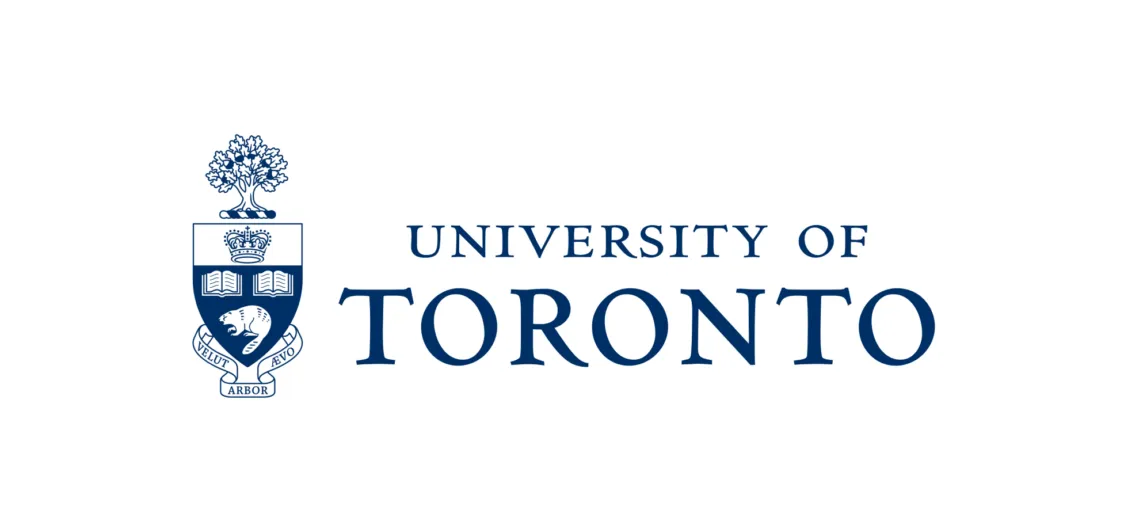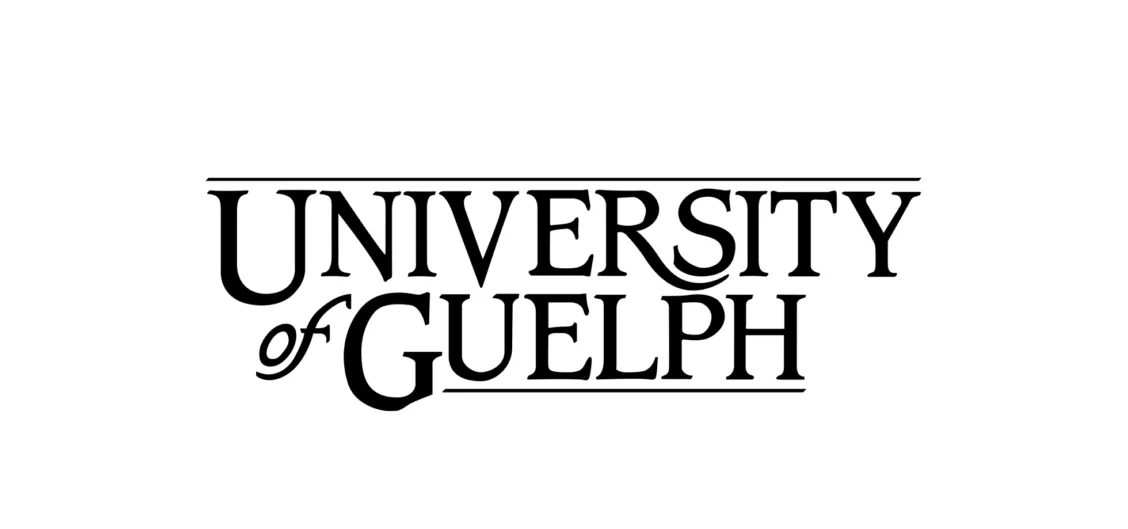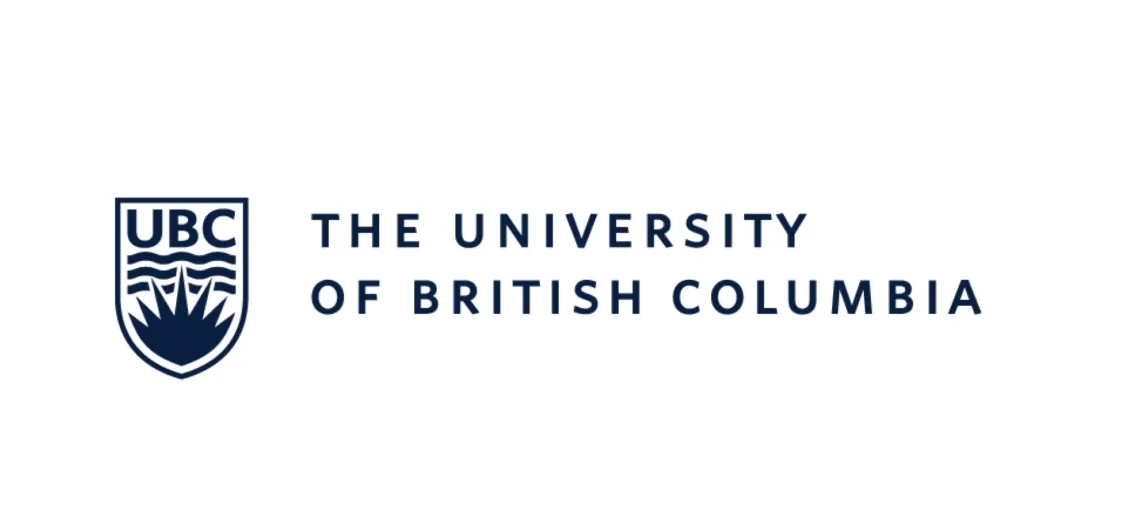About CARE
What is CARE?
The Climate Adaptation, Resilience, and Empowerment (CARE) Program is an innovative initiative designed to shape a new generation of climate-conscious global leaders. Led by Sciences Po in partnership with the University of Toronto, the University of Guelph, and the University of British Columbia, CARE aims to address the triple planetary crisis of climate change, biodiversity loss, and pollution.
Through scholarships, collaborative courses, in-situ research projects, and advocacy initiatives such as an annual international conference, the program fosters cross-cultural exchange, evidence-based policymaking, and community engagement. CARE equips students with the knowledge, leadership skills, and network needed to drive impactful solutions for a sustainable future.

The program will contribute to four key outcomes:
Knowledge
Supporting the exchange of knowledge and the dissemination of interdisciplinary research on policy issues related to the triple planetary crisis of climate change, biodiversity loss and pollution.
Innovation
Establishing a collaborative platform to co-create new initiatives and impactful solutions that can be scaled up or replicated.
Community
Mobilising students, faculty and external stakeholders to build a network of leaders and change-makers, driven by an ambition to address the triple planetary crisis at the local, national and international level.
Leadership
Establishing a collaborative platform to co-create new initiatives and impactful solutions that can be scaled up or replicated. The program will contribute to four key outcomes:
CARE in numbers
CARE in video
Alumni
By participating in the CARE program, students will gain access to a range of resources on the My CARE intranet, and will be invited to participate in the CARE Alumni Network.

CARE Partners
Sciences Po
At Sciences Po, the CARE Program is anchored at the Paris School of International Affairs (PSIA) and more particularly in PSIA’s Master in Environmental Policy and Master in International Energy Transitions. Both are two-year multidisciplinary degrees preparing a new generation of policymakers, project managers, analysts and auditors of environmental issues and the energy transition at the global level. Students in these Masters programs are trained in the most recent methods of study and research in the fields of biodiversity, climate change, water governance as well as energy production and distribution.
As host of the European Chair for Sustainable Development and Climate Transition, Sciences Po’s PSIA is at the forefront of efforts to advance education, innovation and public dialogue for the design and practice of policies for sustainable development and climate transition in Europe and beyond.

University of Toronto
At the University of Toronto (UofT), CARE is hosted by the Munk School of Global Affairs and Public Policy. The Munk School is a leader in interdisciplinary research, teaching and global engagement. Its Innovation Policy Lab brings together economists, political scientists and geographers to foster social and technical innovations in policy, including climate change and environmental sustainability.
UofT is a leading institution in the field of sustainability thanks to the development and implementation of a broad range of academic programs and on-campus activities. Sustainability and environmental issues appear widely in faculty research and in teaching programmes across the University. In addition, UofT’s Sustainability Office has contributed to embedding sustainability (on the basis of the UN Sustainable Development Goals) into the fabric of university operations.

University of Guelph
Known as Canada’s Food University, the University of Guelph (UofG) is recognised worldwide as a leading research and teaching institution on the issues of sustainable agriculture, food security and the environment. Rooted in strong connections with local communities, including Indigenous populations, Guelph offers interdisciplinary training anchored in social scientific approaches as well as physical and biological sciences.
At UofG, the CARE Program is strongly connected to the Arrell Food Institute, which is generating new knowledge and a rigorous understanding of sustainable food systems locally, nationally, and internationally.

University of British Columbia
The University of British Columbia (UBC) is one of the most advanced institutions in the field of sustainable development and environmental protection, and was the first Canadian university to develop a sustainability policy in the late 1990s. UBC is considered a leader in terms of research production, higher education training and on-campus activities in the field of oceans and fishery, forest resource management, and the sustainable use of natural resources.
At UBC, CARE is mainly anchored in the School of Public Policy and Global Affairs (SPPGA) which integrates world-class scholarship, teaching, research, and policy engagement to contribute towards positive change.

CARE Funder
Fondation DRG
The CARE Program is made possible thanks to the generous support of the Fondation David R. Graham (Fondation DRG). Established in 2020, the Fondation DRG seeks to establish and invest in opportunities and relationships to promote cultural exchange between France and Canada.
